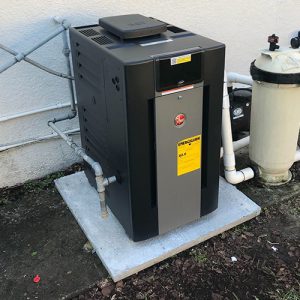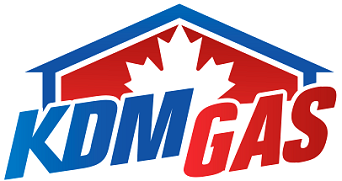 A swimming pool heat pump is a significant investment in your family’s entertainment, health, and social life. As with any investment, you want to make sure to protect it, and that means performing regular main maintenance. Keeping your unit properly maintained will not only ensure top performance but will also extend your unit’s life span. One question we often receive from customers performing maintenance on their units is whether they should clean the coil in their heat pump. The answer is yes.
A swimming pool heat pump is a significant investment in your family’s entertainment, health, and social life. As with any investment, you want to make sure to protect it, and that means performing regular main maintenance. Keeping your unit properly maintained will not only ensure top performance but will also extend your unit’s life span. One question we often receive from customers performing maintenance on their units is whether they should clean the coil in their heat pump. The answer is yes.
As a general guideline, it is recommended to regularly clean and maintain your pool heater to ensure optimal performance and extend its lifespan. Cleaning the pool heater can help remove any debris, dirt, or mineral buildup that may impede its efficiency.
Here are a few steps you can consider when cleaning your pool heater:
- Turn off the power: Before starting any maintenance or cleaning procedures, make sure to turn off the power supply to the pool heater. This will ensure your safety during the cleaning process.
- Check the owner’s manual: Consult the owner’s manual or manufacturer’s guidelines for specific instructions on how to clean and maintain your particular pool heater model. This will provide you with detailed information and any specific precautions or recommendations.
- Remove debris: Clear away any debris or obstructions around the pool heater, including leaves, twigs, or other objects that may have accumulated over time. Ensure that the area surrounding the heater is clean and free from any potential sources of blockage.
- Inspect and clean the exterior: Check the external components of the pool heater, such as the outer casing or vents, for any dirt, dust, or grime. Use a soft brush or cloth to gently clean the surfaces. Avoid using harsh chemicals or abrasive materials that may damage the heater’s exterior.
- Clean internal components: Depending on the type of pool heater, you may need to clean specific internal components such as burners, heat exchangers, or filters. Follow the manufacturer’s instructions on how to access and clean these parts properly.
- Schedule professional maintenance: If you’re uncertain about performing maintenance tasks yourself or if your pool heater requires more extensive cleaning or repairs, it’s recommended to contact a professional pool technician. They can provide expert advice and perform a thorough cleaning and maintenance service.
We also recommend that owners clean their heat pump coils at least once a year, and that they check monthly to determine if more frequent cleaning is necessary. This will help maintain the unit’s efficiency in transferring heat from the air to your pool water. If you are cooling your pool, cleaning the coils will help maintain the unit’s efficiency as it transfers heat from the pool water to the air. A dirty air coil reduces the airflow AND the transfer of heat in either direction.
Remember, the specific cleaning requirements for your pool heater may vary based on the model, so it’s important to refer to the manufacturer’s guidelines. Regular maintenance and cleaning will help keep your pool heater running efficiently and ensure your pool remains comfortable throughout the swimming season.
